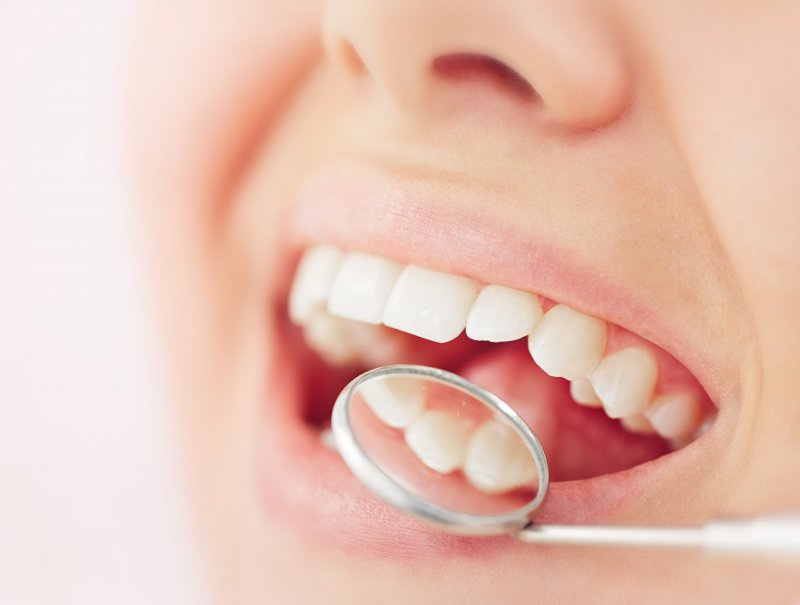
Contrary to popular belief, cavities aren’t just caused by frequently eating sugar. Other factors, such as lack of fluoride and poor dental hygiene, can also lead to decay.
Dental fillings are commonly used to replace the tooth structure lost to decay. Unfortunately, they don’t last forever and will need replacement eventually. Their lifespan depends on several factors, which means their longevity will vary from person to person.
Read along to learn more about how long fillings should last, when they need replacement, and how to take proper care of them.
How Long Do Fillings Last?
Dental fillings can be made from different kinds of materials, meaning the types of filling play a role in determining how long they should last. Although none are considered permanent, some materials are more durable than others.
For example, gold and amalgam fillings can last up to 20 years. Porcelain and composite fillings have a shorter lifespan, but they’re much more aesthetically appealing. Additionally, other factors, like eating and oral care habits, can also affect the durability of your fillings.
When Does a Filling Need Replacement?
Over time, your filling can become damaged or worn down to the point where it’s no longer protecting the tooth from further decay. Chewing and clenching can compromise your filling little by little, creating small pockets where food particles and bacteria can get trapped in between.
Routine cleanings are critical because you can’t thoroughly clean these crevices with regular brushing and flossing. Your dentist can treat the damaged filling to prevent the trapped bacteria from causing further problems. If you’re experiencing a sore, aching, or sensitive tooth, that may indicate your dental filling is damaged and necessitates a replacement right away.
How to Extend the Lifespan of Your Fillings
The best way to prolong your filling is to keep your oral health in optimal condition. Use the following tips to help them last:
- Establish a solid oral hygiene routine. Brushing your teeth twice a day and flossing once a day is essential to keep your smile healthy, especially if you have fillings.
- Regularly visit your dentist. Ideally, you should be seeing your dentist bi-annually. Routine checkups and cleanings are essential because your dentist can examine your fillings and catch problems early on. They can also do a dental x-ray to search for decay underneath.
- Beware of bad dental habits. Clenching and grinding your teeth can damage your filling. If you have these habits, your dentist may recommend a mouthguard to prevent damage.
Fillings may not be durable, but they can go a long way with proper dental care. Taking good care of your smile will help you enjoy it problem-free for a lifetime!
About the Practice
At Indianapolis Family Dentistry, we provide preventive, cosmetic, and emergency dentistry for patients of all ages. Our dental team takes the time to listen to your needs and do everything possible to help you achieve the healthy, beautiful smile you deserve. If you have fillings, we check them during routine visits to determine whether they need a replacement. Do you think you may need one? Schedule a visit via our website or call (317) 898-3384.


